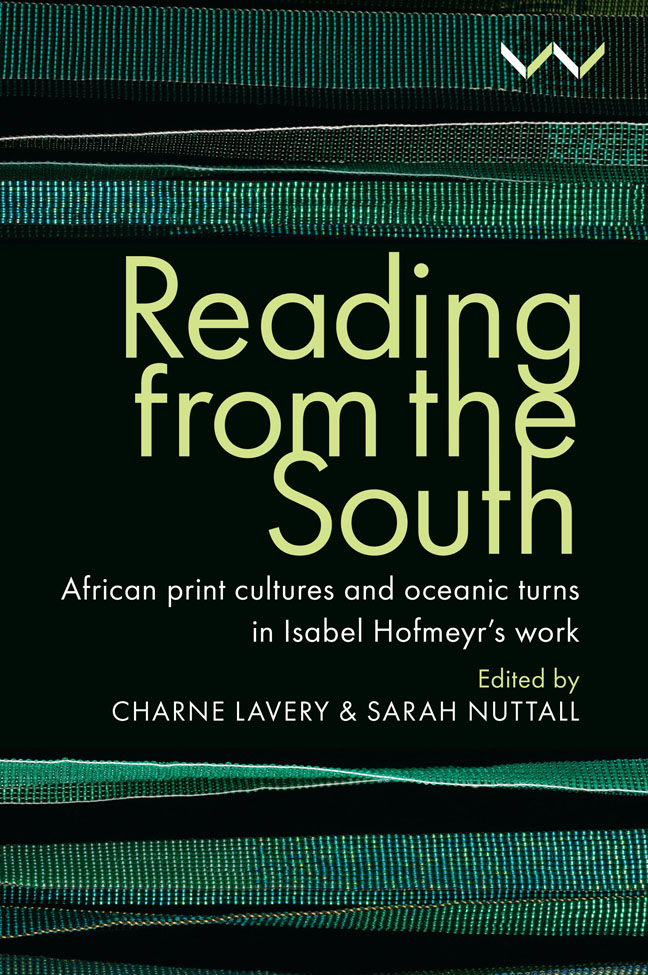Chapter 2 - African Popular Literatures Rising
Published online by Cambridge University Press: 01 March 2024
Summary
I was fortunate to have joined the Department of African Literature at the University of the Witwatersrand (Wits) in February 1991. To my knowledge it was then the only department dedicated to the teaching of African literature, albeit literatures written in English. Started in 1983 as a division of the Department of Comparative and African Literature by one of Africa's foremost writers and critics, Es'kia Mphahlele, it soon grew into a fully established department. By the time I joined it, less than a decade later, it was offering a rich staple of African literature courses ranging from a focus on regional literatures from across the continent to the black diaspora, especially the Caribbean region. However, it also offered thematically driven courses covering related topics such as gender and women's writing in Africa, slavery and memory, orality and literacy, and a variety of other courses at postgraduate level. Yet, in spite of this rich and exciting syllabus, it was clear that the curriculum was in many respects dominated by canonical writers on the continent and its black diaspora. The Department of African Literature at Wits was not unique in this approach. A number of English departments on the continent – even the literature department at my alma mater, the University of Nairobi (UoN) – remained driven by the canon of African literature. In fact, I can hardly remember any course dedicated to women writers at UoN, in spite of its claims to be encouraging a decolonised curriculum. Instead, the most noticeable marker of a decolonised curriculum became a singularly focused return to oral literature. While a certain insistence on the study of oral literatures in Africa was desirable, if not long overdue, the impression created was that no other literatures deserved as much attention. So when I came to the department at Wits and encountered a compelling attention to women's literature and a sustained focus on gender and feminist theories, I was impressed by the novelty this small department with a limited number of faculty was showing in imagining its curriculum. Yet, even in this department, it was clear that a great deal still needed to be done to extend the boundaries of the curriculum.
- Type
- Chapter
- Information
- Reading from the SouthAfrican Print Cultures and Oceanic Turns in Isabel Hofmeyr's Work, pp. 46 - 56Publisher: Wits University PressPrint publication year: 2023



